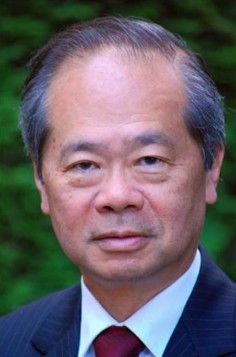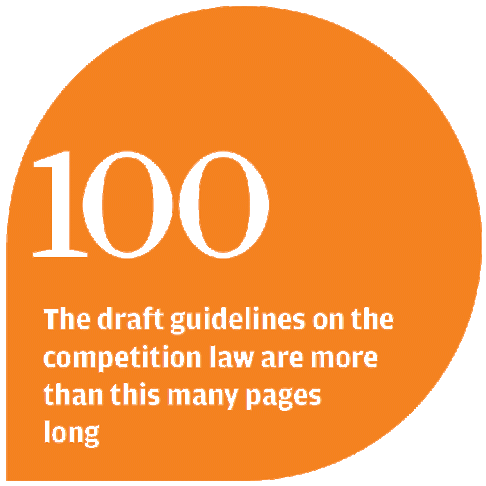Competition Commission spells out new rules in draft guidelines
Commission gives businesses plenty to digest in guidelines aimed at helping them understand competition law through practical examples

They are just two of the hypothetical examples laid out in draft guidelines released by the Competition Commission on Thursday to explain to businesses how it will interpret the Competition Ordinance.
The law, passed in 2012, will come into full effect once the guidelines are finalised.
The commission is empowered to investigate anti-competitive behaviour and bring cases before the Competition Tribunal.
Many of those it affects - small and big business alike - say they have yet to work their way through the more than 100 pages of guidelines.
The commission's chief executive, Dr Stanley Wong, said although parts of the draft guidelines were technical, the aim was to introduce the rules clearly, in layman terms. "You can't enforce the law if people don't understand it," Wong said.
He added that the commission had provided numerous hypothetical examples in the document in a bid to explain the technicalities of the law.

These activities include price-fixing, market sharing, output restrictions, bid rigging, exchanging future price and quantity information, and group boycotts.
Price-fixing can take several forms rather than referring to the setting of a specific price. It can be a price range, a percentage by which prices are to be increased or any price elements such as discounts and rebates, the draft guidelines state.
Using car sales as an example, the guidelines explain it would be illegal for dealers to agree on a maximum discount off the list price, or a minimum interest rate for car-financing packages.
Market sharing is also an offence. If a coach operator agreed not to operate new routes which are run by another company to "avoid overlapping", that would also constitute an offence.
Similarly, it would be an offence for traders to regulate the supply of goods when supply exceeded demand. Even when there were too many salted fish available on the market, it would be illegal for producers to encourage other producers to quit the trade with a compensation scheme, the guidelines state.
"It signals that they will take a hard line on cartels and this is absolutely in line with international practice," said Mark Williams, executive director of the Asian Competition Forum.
Edward Lam, president of the SME Development Federation, said many SME executives did not understand the law. He suggested that the watchdog organise more educational seminars.
Wong said there were more pamphlets for SMEs in the pipeline which were expected to be published next year.


